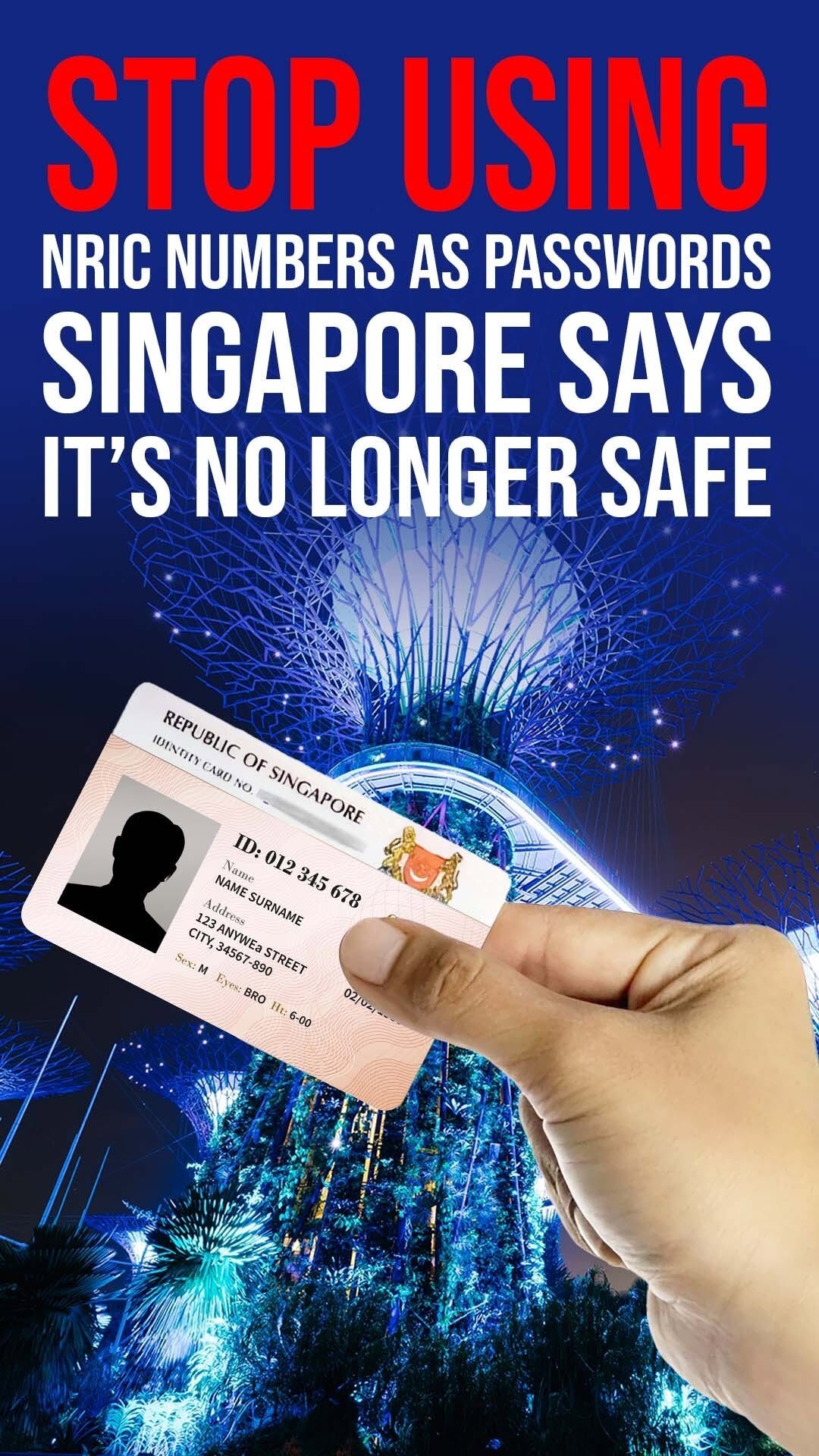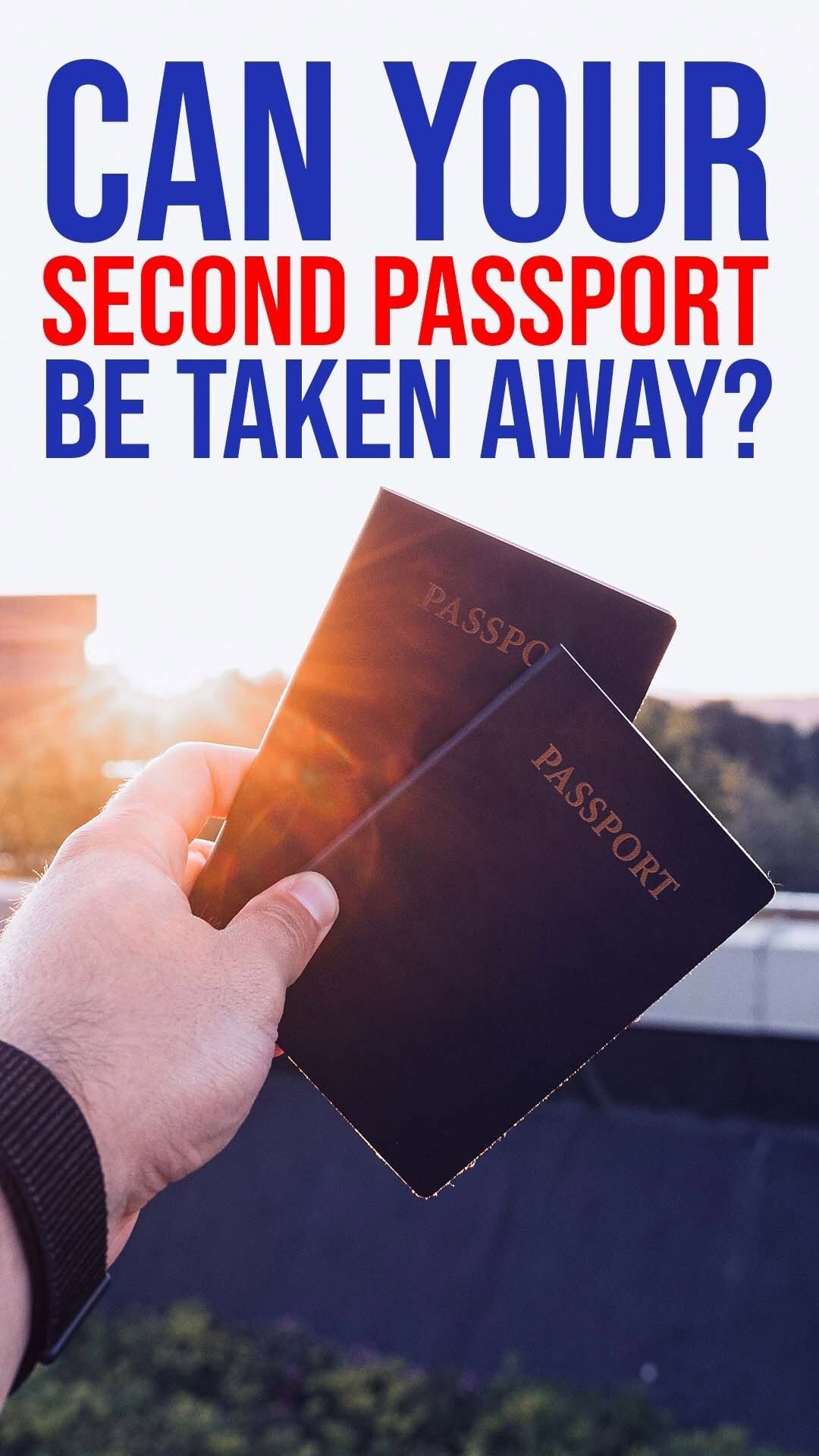

Since 2010, the Global Law Experts annual awards have been celebrating excellence, innovation and performance across the legal communities from around the world.
posted 10 months ago
A Letter of Invitation is an important supporting document when applying for a UK visa, particularly for those intending to visit family or friends. Though not mandatory, it can significantly strengthen a visa application by detailing the purpose of the visit, accommodation arrangements, and the host’s commitment to providing support during the stay. Here’s a summary of what an invitation letter should include and its relevance.
The main goal of an invitation letter is to provide clarity about why the applicant wishes to visit the UK, outlining details such as the nature of their stay, where they will be staying, and who is supporting them during the trip. This letter serves as evidence to the Entry Clearance Officer (ECO) that the applicant has a valid reason for visiting, reducing concerns about overstaying or illegal activities. It is especially beneficial for individuals with limited financial resources or those who intend to stay with family or friends rather than in commercial accommodation.
Anyone applying for a UK visitor visa may benefit from an invitation letter, but it is particularly useful if the applicant is visiting family or friends and will be staying at their residence. It provides reassurance that the applicant has adequate arrangements in place for accommodation and may also help explain how living costs will be managed during the stay. While carrying this letter isn’t legally required when entering the UK, it can be helpful at the border in case officials ask for more information about the visit.
To create a well-structured letter of invitation, certain critical details must be included:
Host Details: The full name, UK address, and contact information of the host, who may be a British citizen or someone with valid residency status. Including proof of the host’s status, such as a copy of their passport or residence permit, is often beneficial.
Visitor Information: Full details of the person visiting, including their name, date of birth, passport number, and relationship to the host. This ensures that there is a clear link between the applicant and the host.
Reason for the Visit: A thorough description of why the applicant is visiting the UK, whether for a family gathering, holiday, or specific event. The purpose should be explained clearly to show that the visit is genuine and not an attempt to overstay or work without permission.
Duration and Accommodation Details: The intended length of stay, including specific arrival and departure dates, and confirmation of where the visitor will be residing. This part should specify if the visitor will stay at the host’s residence or elsewhere.
Financial Sponsorship: Information on how the visitor’s expenses will be covered, including whether the host will bear the costs for accommodation, meals, and other living expenses. If the host is financially supporting the visitor, evidence like bank statements or payslips should be included.
Declaration and Signature: The host should sign the letter, including a statement declaring that all information provided is truthful. Adding a date is also crucial for establishing the letter’s validity timeline.
To make the invitation letter more credible, it should be accompanied by supporting documents:
Proof of Accommodation: If the visitor will be staying with the host, documents like a property deed, rental agreement, or a utility bill can help prove the host’s ability to accommodate them.
Evidence of Financial Stability: If the host is sponsoring the visit financially, providing recent bank statements or proof of income can demonstrate that they can support the visitor without strain.
Proof of Relationship: Where applicable, documents such as birth certificates, marriage certificates, or even photographs of previous gatherings can establish the relationship between the visitor and host, thereby strengthening the application.
Be Clear and Concise: The letter should avoid unnecessary details and focus on the specific reasons for the visit, the nature of the relationship, and the arrangements made.
Include Formal Salutations: It’s best to address the letter to the Entry Clearance Officer (ECO) with a formal greeting such as “Dear Sir/Madam” or “To Whom It May Concern”.
Consistency is Key: Ensure all the information in the letter aligns with other documents submitted for the visa application, such as travel dates and financial information.
Vague Descriptions: Ensure that all details, such as the purpose of the visit and the relationship between the visitor and host, are specific and leave no room for misinterpretation.
Lack of Supporting Evidence: Simply stating that you will support a visitor without providing documents to back it up can weaken the application.
Discrepancies in Information: Any inconsistency between the letter of invitation and the other supporting documents can raise red flags for visa officers.
Read more here.
For more up to date legal insights follow us @GLE News
posted 1 hour ago
posted 20 hours ago
posted 24 hours ago
posted 24 hours ago
No results available
Find the right Legal Expert for your business
Global Law Experts is dedicated to providing exceptional legal services to clients around the world. With a vast network of highly skilled and experienced lawyers, we are committed to delivering innovative and tailored solutions to meet the diverse needs of our clients in various jurisdictions.

When your international business faces financial distress, quick action is key! 🔑 Negotiating with creditors, restructuring debt, and understanding insolvency laws can help regain stability. Global Law Experts is here to guide you through your options.
🌍Explore the details on our website.
🔗Link in bio
#GlobalLawExperts #CommercialLaw #BusinessLaw #LegalAdvice #BusinessGrowth #LegalTips #BusinessStrategy #LegalCompliance #Law #LegalKnowledge #LegalAwareness #Law101 #LegalEducation #IntellectualProperty

Running a business is hard enough — lawsuits shouldn’t make it harder. 🚫 Protect your business with the right legal strategies and expert tools from Global Law Experts. Let’s secure your future together! 💼
🌍Explore the details on our website.
➡️www.globallawexperts.com
#GlobalLawExperts #CommercialLaw #BusinessLaw #LegalAdvice #BusinessGrowth #LegalTips #BusinessStrategy #LegalCompliance #Law #LegalKnowledge #LegalAwareness #Law101 #LegalEducation #IntellectualProperty #Infringed #Ecommerce #LegalBranding

Using NRIC numbers as passwords or identity proof? That era is done. Strengthen your security with multi-factor authentication and biometrics—because your clients' trust depends on it.
#SingaporeLaw #DataPrivacy #CyberSecurity #PDPA #NRIC #MFA #StrongAuthentication #LegalCompliance #ClientTrust

Swiss law protects secured lenders—with precision. From real estate to IP and bank accounts, every asset counts—just as long as it’s defined, documented, and delivered.
#SwissLaw #SecurityInterest #Collateral #InternationalLending #SwissFinance #LegalCompliance #GlobalBusiness #AssetSecurity

Gold trading in Saudi Arabia isn’t just a business—it’s a lab test, a permit, and a legal tightrope. Want to succeed? Start with compliance, hallmarking, and permits—or risk losing it all.
#GoldTrading #SaudiLaw #PreciousMetals #BusinessSetup #LegalCompliance #GlobalBusiness #SaudiArabia #TradeRigour

Second citizenship isn’t permanent—especially if you break the rules. Know the risks and how to safeguard your status: be transparent, stay lawful, and honour all citizenship requirements.
#SecondCitizenship #CitizenshipRisks #DualNationality #Compliance #GlobalMobility #LegalAdvice #ImmigrationLaw

Send welcome message